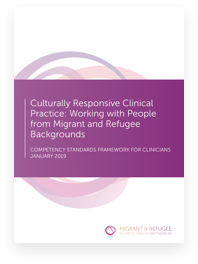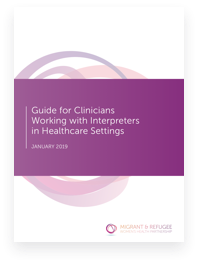
For Members of the Public, Professionals and Organisations working with Interpreters and/or Translators
General Guidelines
Guidelines for Legal Settings
Guidelines for Health Care Settings
Guidelines for Community Translations
Guidelines for Cultural Institutions using Translations
The AUSIT Code of Ethics
FAQs
Risks of Not Working with Qualified Practitioners
Videos & Podcasts
For Practitioners
The Benefits of being a Member of AUSIT
Join AUSIT: Application Form
Guidelines for Practitioners
Professional Development
AUSIT Mentoring Program
Webinars
AUSIT Events
External Events
In Touch Magazine
Blogs (including past President’s Newsletters)
Videos & Podcasts
Paul Sinclair Award
AUSIT Excellence Awards
AUSIT Fellows



